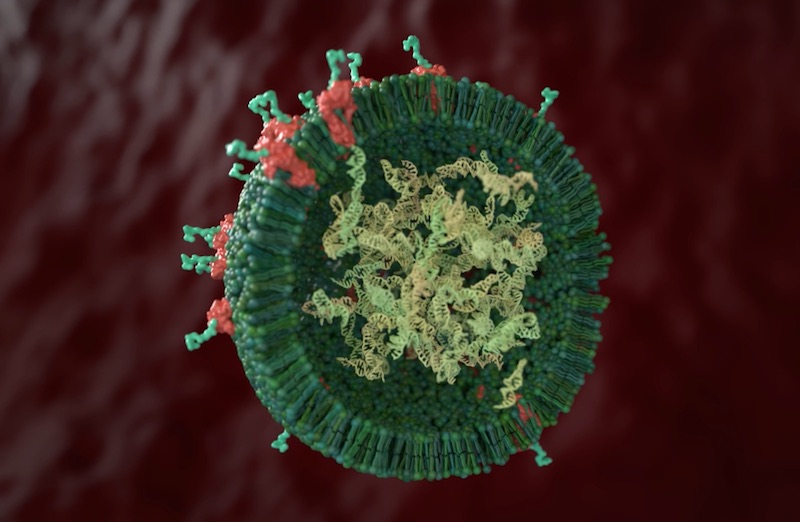Evox Therapeutics has raised £35.5M (€39.4M) in a Series B fundraising that has been backed, among others, by the venture arm of Google’s parent company.
A spin-out from the University of Oxford and the Karolinska Institute, Evox Therapeutics has raised a large round that will fund the development of its drug delivery technology to get it ready for the clinic.
The technology revolves around exosomes, small particles that cells use to deliver molecules across the body. These can be used to deliver multiple types of therapeutic molecules, including proteins, antibodies, DNA and RNA.
The company engineers exosomes to incorporate targeting molecules on the surface that locate and bind to specific cells or tissues. This is appealing for targets that are particularly difficult to reach such as the brain, which is protected by the blood-brain barrier; the interior of cells; or delivering RNA drugs anywhere other than the liver.

Evox is focusing on applying the technology to rare diseases affecting lysosomal storage, which often affect the brain and the central nervous system (CNS), as well as metabolic diseases.
Led by the former CSO of Ablynx, a biotech that was acquired by Sanofi for €3.9Bn earlier this year, Evox signed a deal with Boehringer Ingelheim last December to explore the use of exosomes to deliver RNA therapies. Evox is also partnered on a CNS program with an undisclosed top pharma company.
Other companies seeking to exploit the potential of exosomes for drug delivery include Cevec, in Germany, and the Portuguese startup Exogenus Therapeutics, which aims to use the technology to treat skin lesions.
Images via Shutterstock; Evox Therapeutics





